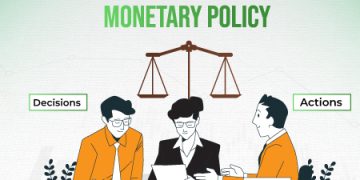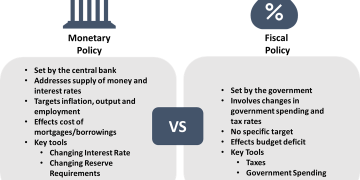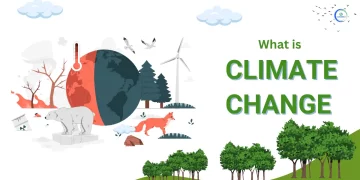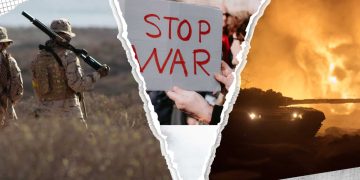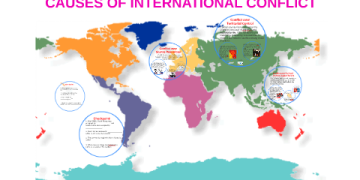Introduction: Living on the Edge of Irreversibility
Climate change is no longer a distant possibility—it is a present reality. Rising sea levels, intensifying storms, prolonged droughts, and record-breaking heatwaves have already reshaped lives across the globe. What makes the 21st century particularly urgent is the growing recognition of tipping points—critical thresholds in Earth’s systems that, once crossed, may trigger irreversible changes.
From the collapse of ice sheets to the dieback of the Amazon rainforest, these tipping points highlight the urgent need for collective global action. The climate crisis is not just an environmental issue—it is a matter of survival, justice, and long-term planetary stability.
1. Understanding Climate Tipping Points
1.1 Definition and Characteristics
- Tipping points are thresholds where gradual changes lead to sudden, irreversible shifts.
- Unlike linear change, tipping points involve abrupt transformations.
1.2 Examples of Potential Tipping Points
- Polar Ice Sheets: Melting of Greenland and Antarctica could raise sea levels by meters.
- Permafrost Thaw: Releases massive methane, amplifying warming.
- Amazon Rainforest Dieback: Could transform from carbon sink to carbon source.
- Atlantic Meridional Overturning Circulation (AMOC): Disruption could alter global weather patterns.
1.3 Scientific Warnings
- IPCC reports emphasize the risk of surpassing 1.5°C or 2°C thresholds.
- Crossing multiple tipping points simultaneously could lead to a cascade of global disruptions.
2. The Global Impacts of Climate Change
2.1 Environmental Impacts
- Extreme weather events (hurricanes, wildfires, floods).
- Biodiversity loss as species cannot adapt quickly enough.
- Ocean acidification threatening marine ecosystems.
2.2 Economic Impacts
- Damage to agriculture leading to food insecurity.
- Disruption of supply chains from climate disasters.
- Rising costs of adaptation and disaster recovery.
2.3 Social and Humanitarian Impacts
- Climate refugees displaced by sea-level rise and drought.
- Rising inequality as vulnerable communities bear disproportionate burdens.
- Public health crises from heatwaves, disease spread, and malnutrition.
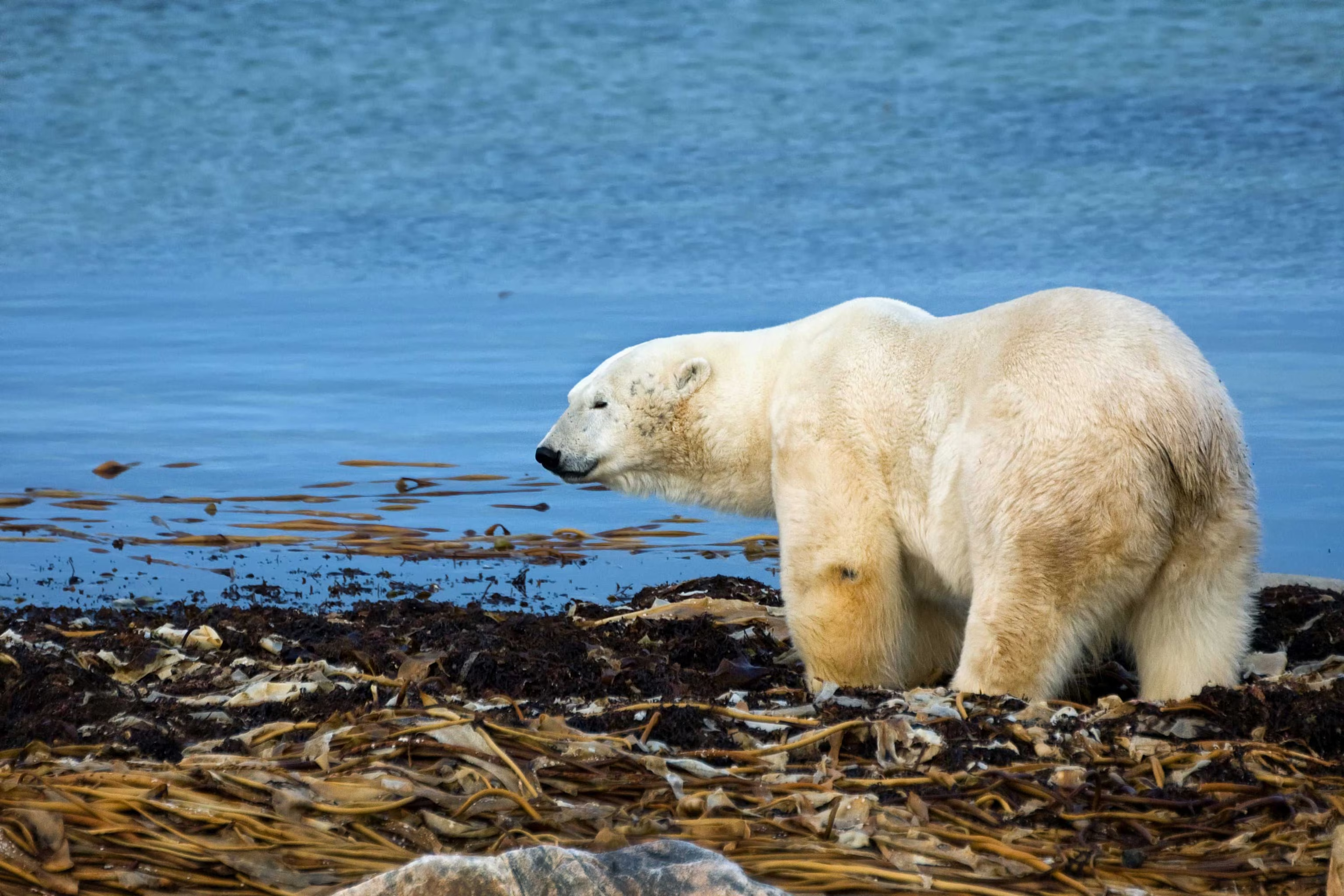
3. Global Politics and Climate Governance
3.1 The Paris Agreement
- A landmark in global cooperation aiming to limit warming below 2°C.
- Challenges: weak enforcement, uneven national commitments.
3.2 Climate Diplomacy and Power Dynamics
- Developed vs. developing nations debate responsibility.
- Tensions between economic growth and emission reductions.
- Role of climate finance in supporting vulnerable nations.
3.3 The Role of Non-State Actors
- Cities, corporations, and civil society leading grassroots action.
- Youth movements (e.g., Fridays for Future) pushing political agendas.
4. Case Studies: Confronting Climate Urgency
Case 1: Small Island Nations
- Countries like Tuvalu and Maldives face existential threats from rising seas.
- Lead global advocacy for climate justice.
Case 2: European Green Deal
- EU commits to net-zero by 2050 with ambitious policy frameworks.
- A model for balancing growth and sustainability.
Case 3: U.S.–China Climate Rivalry and Cooperation
- Largest emitters, their policies shape global outcomes.
- Cooperation essential despite geopolitical tensions.
5. Future Pathways: Avoiding or Crossing Tipping Points
5.1 Pathway of Inaction
- Continued reliance on fossil fuels locks in 3–4°C warming.
- Multiple tipping points crossed, triggering catastrophic consequences.
5.2 Pathway of Transformation
- Rapid transition to renewable energy.
- Investment in carbon capture, reforestation, and sustainable agriculture.
- International collaboration strengthens resilience.
5.3 Pathway of Fragmentation
- Unequal global action widens divides.
- Vulnerable regions collapse first, fueling global instability.
Conclusion: The Imperative of Urgent Action
The 21st century presents a narrow window of opportunity. Humanity stands on the edge of tipping points that could determine the planet’s future for millennia. The urgency of climate action is not merely about reducing emissions but about preventing irreversible collapse of ecosystems, economies, and societies.
Global action must be bold, inclusive, and immediate. The choice is stark: confront the crisis together—or face a future shaped by irreversible tipping points.
The climate crisis is the ultimate test of collective will, demanding a new paradigm of cooperation, justice, and resilience for humanity to thrive.




